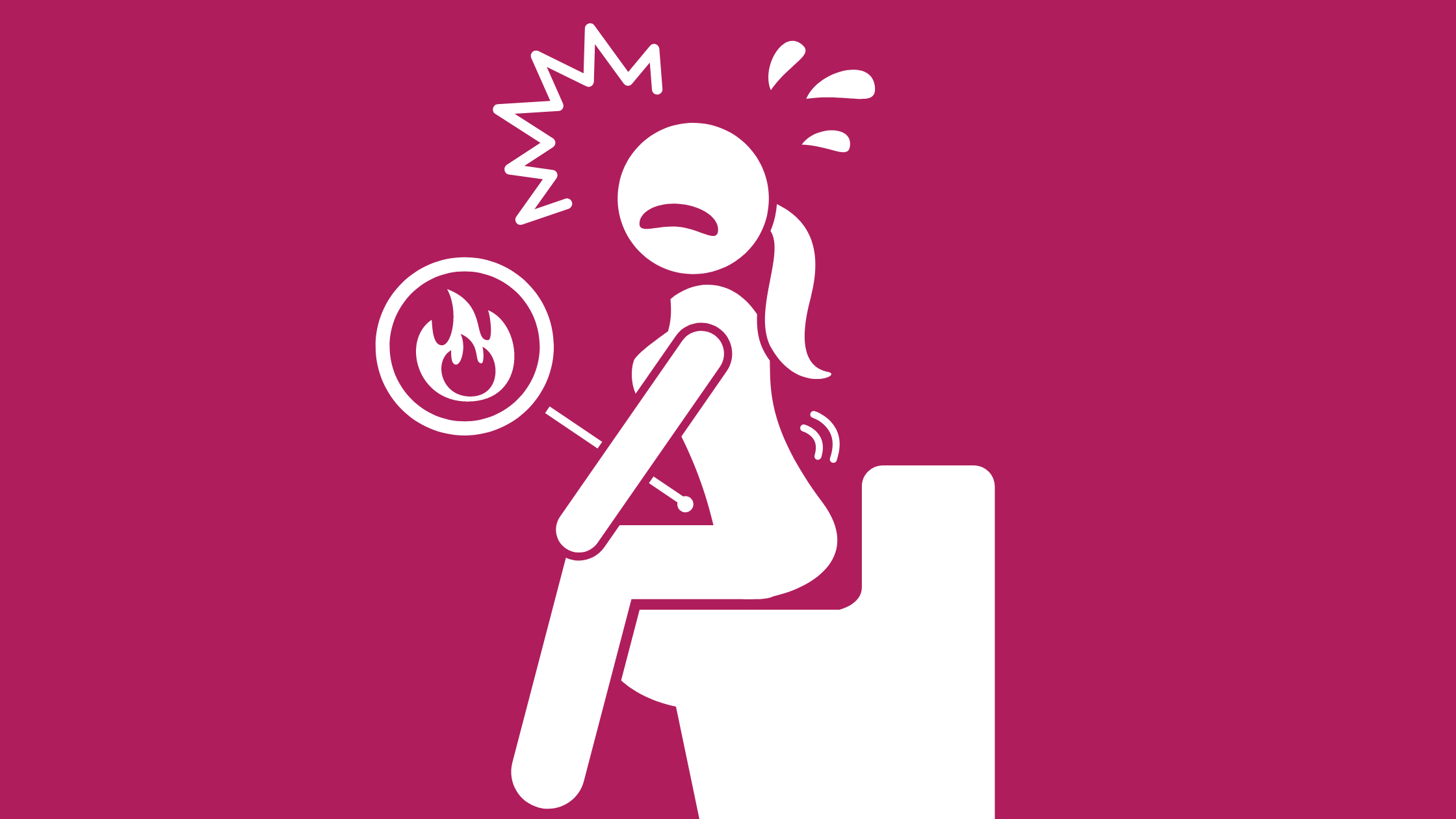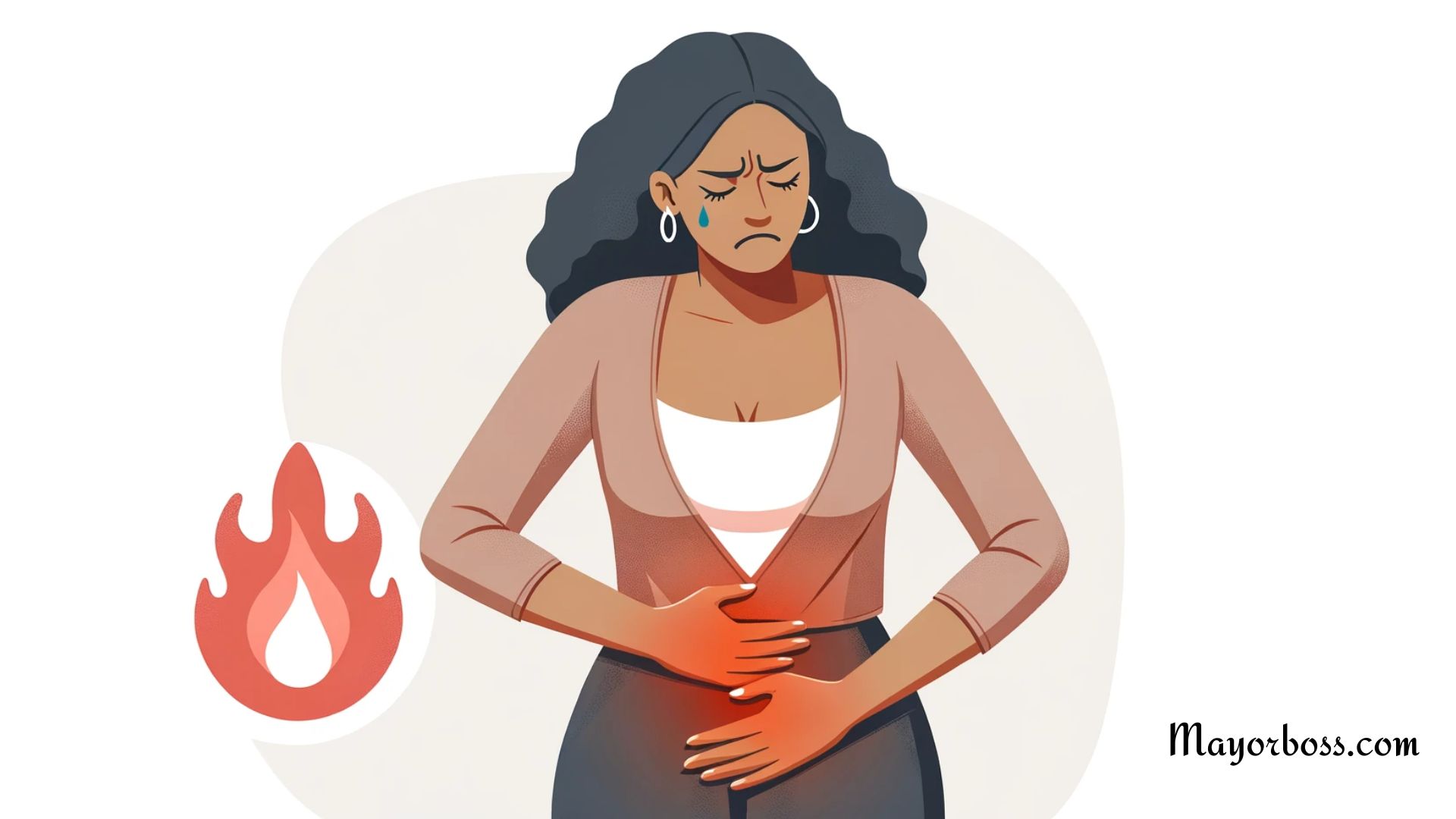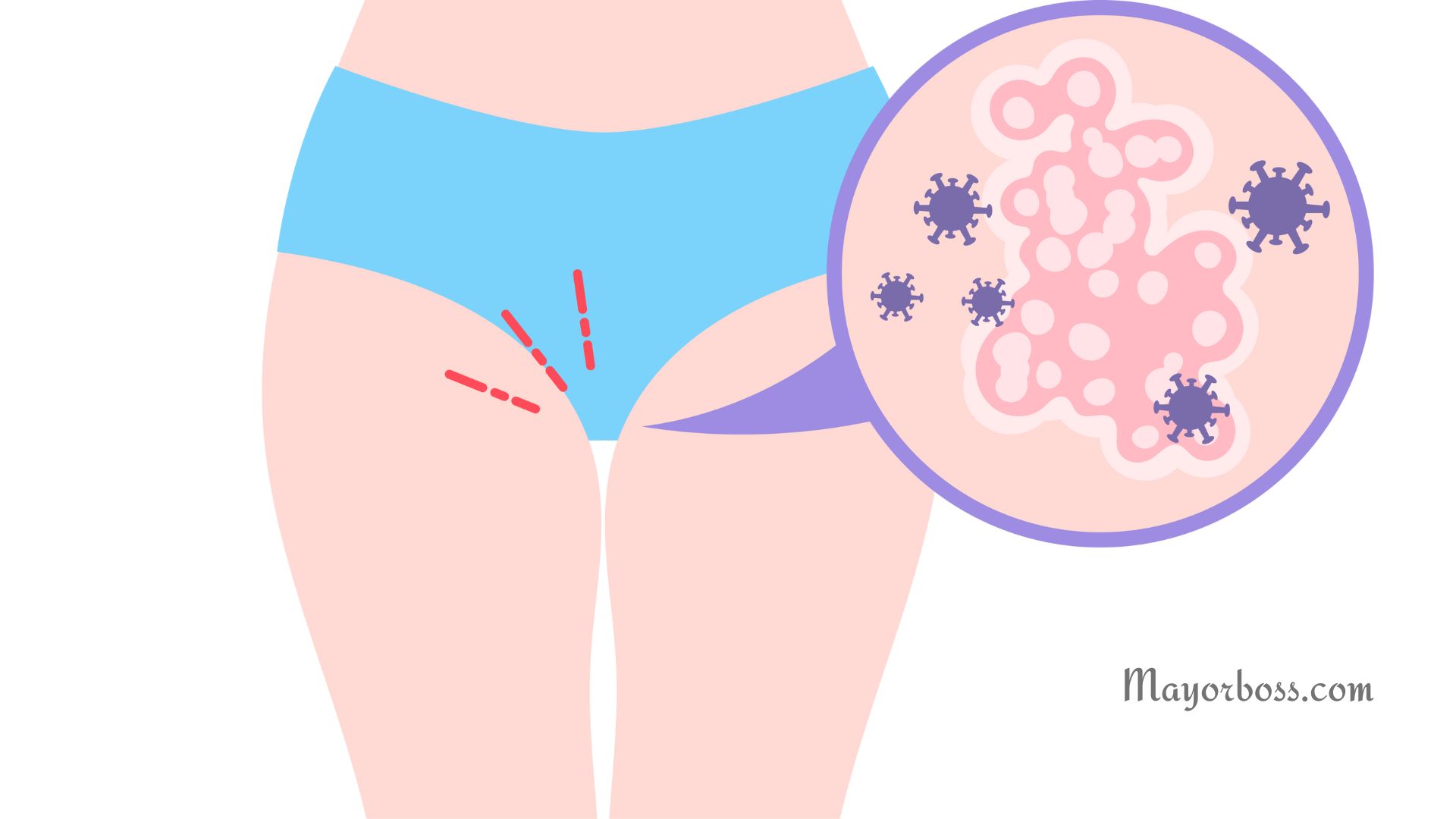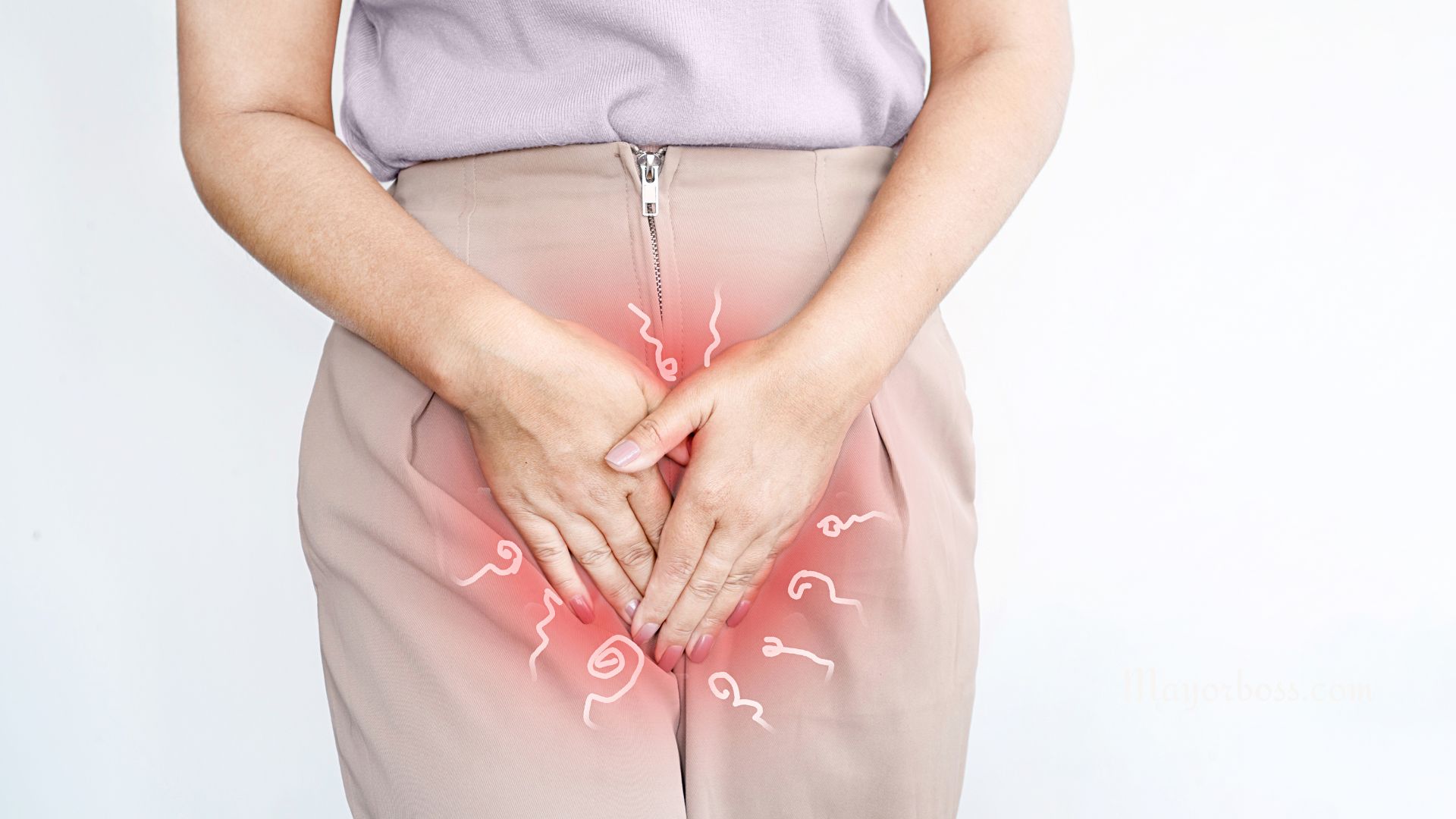What Are the Symptoms and Signs of Chlamydia?
Chlamydia is one of the most common sexually transmitted infections (STIs), especially among young people. According to the Centers for Disease Control and Prevention (CDC), over 2.5 million cases of chlamydia were reported in 2022 in the United States alone. It is caused by a bacteria called Chlamydia trachomatis. A lot of people don’t know they have it because they don’t have any symptoms. This is why knowing the symptoms and signs of chlamydia is very important — not just for those who might be at risk, but for anyone who wants to take care of their health. Continue reading to learn the symptoms, what to watch out for, and why early diagnosis is important.

Many People With Chlamydia Don’t Have Any Symptoms at All
One of the biggest challenges with chlamydia is that it often has no symptoms. In fact, up to 70-80% of women and 50% of men with chlamydia don’t notice any signs. That means you could have chlamydia and feel completely normal! Because of this, the infection can go untreated and cause more problems later on.
Even if you don’t have symptoms, chlamydia can still hurt your body by leading to complications like infertility, pelvic inflammatory disease (PID), and an increased risk of other infections. This makes regular testing really important, especially if you are sexually active. Let’s look at the symptoms that do sometimes appear.
Symptoms in Women Are Often Mild but Should Not Be Ignored
For people who do have symptoms, they can be mistaken for other things, like a urinary tract infection. Women with chlamydia may notice:
- Unusual vaginal discharge: The discharge might look different from normal — it could be yellowish, thick, or smell strange.
- Pain when peeing: It might feel like a burning sensation when you go to the bathroom.
- Lower belly pain: You might feel a dull ache or cramps in your lower abdomen.
- Pain during sex: This can include discomfort or pain during or after intercourse.
- Bleeding between periods: Spotting between periods could also be a sign of chlamydia.
If chlamydia isn’t treated, it can cause pelvic inflammatory disease (PID), which is an infection in the reproductive organs. PID can lead to long-term problems like chronic pain or infertility.
Men Might Have Symptoms That Affect Their Reproductive Health
Just like with women, men might not notice any symptoms. However, some men do have signs of chlamydia, like:
- Discharge from the penis: This discharge may be watery or cloudy and could have an unusual smell.
- Pain when peeing: This is a common symptom that can make urinating uncomfortable.
- Pain or swelling in the testicles: Though less common, this can happen if chlamydia is present, especially if it is tender or sore.
If untreated, chlamydia in men can lead to epididymitis, which is swelling of the tube at the back of the testicle. This can cause pain and even lead to infertility.
Rectal Symptoms Can Happen to Anyone
If chlamydia infects the rectal area, which can happen through anal sexual activity, you might notice symptoms like:
- Rectal pain or discomfort: This could feel like an ache or pressure in the rectum.
- Discharge from the rectum: There might be watery or mucus-like discharge.
- Bleeding: You could see some blood after using the bathroom.
Throat Symptoms Are Rare but Possible
Chlamydia can also infect the throat if there is oral sexual contact. These symptoms are rare but can include:
- Sore throat: It might feel like a typical sore throat, similar to one from a cold.
- Swollen glands: Some people may have swollen glands in their necks.
Testing for Chlamydia Is the Only Way to Be Sure
Because chlamydia often doesn’t have symptoms, the only way to know for sure if you have it is to get tested. This is really important if you are sexually active, especially if you have a new partner or have had unprotected sex.
Testing for chlamydia is easy. It involves a simple urine test or a swab from the area that might be infected. If you test positive, treatment is also simple — usually just a course of antibiotics. The sooner you get treated, the less chance there are any complications.
Untreated Chlamydia Can Cause Serious Health Problems
If chlamydia is not treated, it can cause serious health problems. For women, untreated chlamydia can cause pelvic inflammatory disease (PID), which is an infection that can damage the reproductive organs and lead to infertility. PID can also cause long-lasting pelvic pain.
For men, untreated chlamydia can lead to epididymitis, as mentioned earlier, and could cause infertility. For both men and women, untreated chlamydia can also increase the risk of getting other STIs, including HIV.
How to Protect Yourself From Chlamydia
The best way to prevent chlamydia is by practicing safe sex, like using condoms consistently and correctly every time you have sex. Here are some important tips to stay protected:
- Use condoms every time: Condoms are highly effective at reducing the risk of chlamydia and other STIs.
- Get tested regularly: If you are sexually active, regular STI screenings are a smart way to protect yourself, especially if you have new or multiple partners.
- Limit the number of partners: The more partners you have, the higher the chance of getting an STI like chlamydia.
- Talk to your partner: It’s important to talk about STI testing and sexual health with your partner. If they don’t want to discuss it, it might be a sign to rethink the relationship.
Treatment Can Cure Chlamydia, but You Need to Act Fast
If you are diagnosed with chlamydia, don’t worry. Chlamydia can be cured with antibiotics like azithromycin or doxycycline. It is important to take all of the medicine as prescribed and avoid sexual activity until your doctor says it is safe, usually about a week after finishing the treatment.
Make sure any partners are also tested and treated. Re-infection is common if both partners aren’t treated at the same time. This is why regular testing, especially after treatment, is important.
The Bottom Line: Chlamydia Often Has No Symptoms, but Testing Can Keep You Healthy
Chlamydia is a common STI that often doesn’t show symptoms but can cause serious health problems if not treated. Because it usually has no symptoms, regular testing and safe sex are the best ways to protect yourself. If you notice signs like unusual discharge, pain when peeing, or discomfort in the pelvic area, you should see a doctor. The treatment is simple and effective, but catching it early is key.






